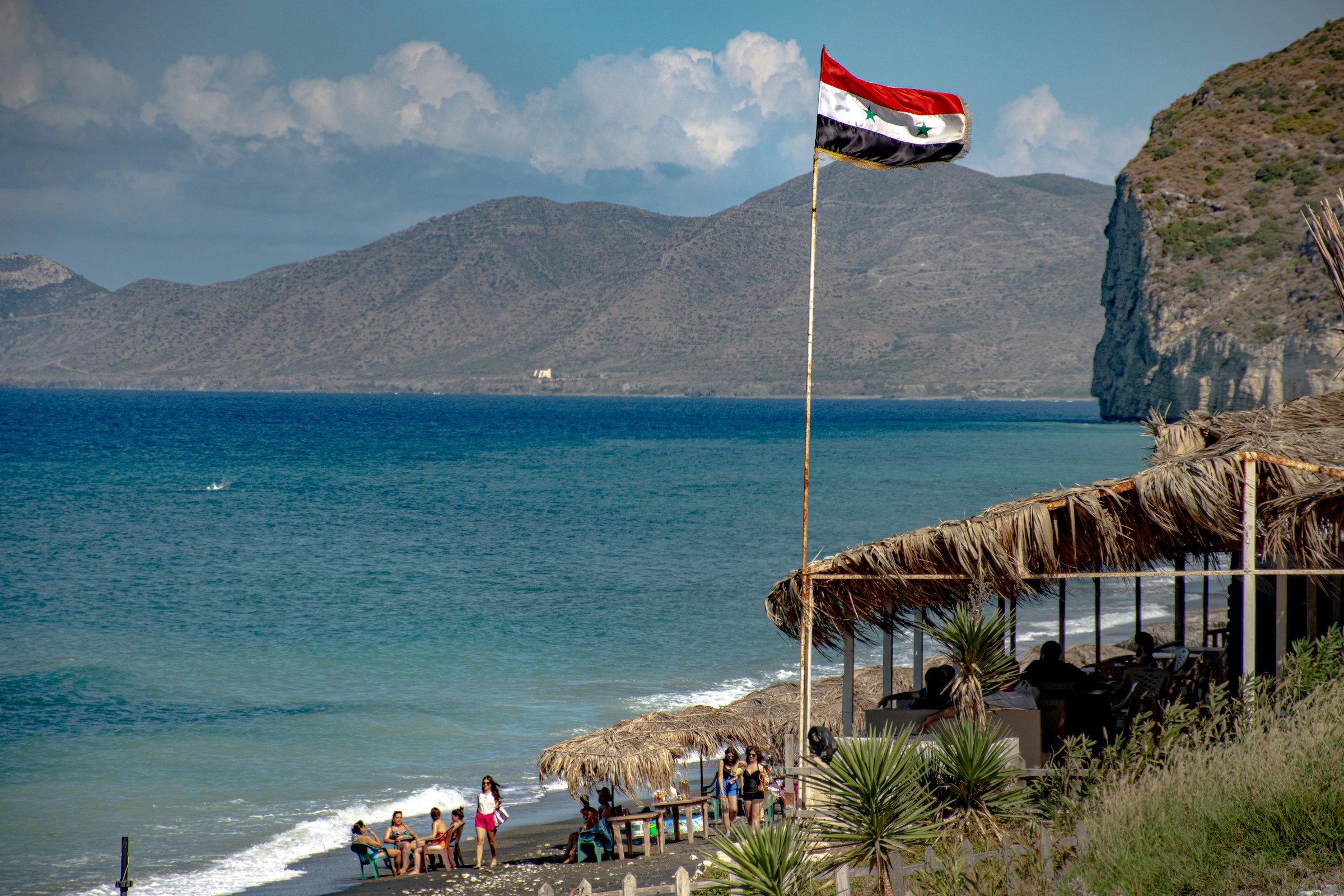Israel’s air operations in Syria have long been framed within a narrow doctrine: enforce red lines against Iranian entrenchment, disrupt weapons transfers to Hezbollah, and avoid broader confrontation. That doctrine is showing visible strain. Over the past several months, Israeli military actions have expanded in frequency, geography, and signal clarity—suggesting a shift from containment to active shaping of Syria’s strategic theater. The implications go far beyond military calculus. For sovereign capital, cross-border investors, and regional policymakers, Israel’s deepening involvement signals rising volatility across multiple risk dimensions.
This is not a localized military affair. It’s a regional macro signal with embedded capital consequences.
The shift is subtle but undeniable. What were once limited airstrikes against single targets near Damascus have now evolved into a pattern of strikes against infrastructure nodes—such as airports, logistic corridors, and command sites—with increasing disregard for Syrian-Russian deconfliction lines. The Aleppo and Damascus International Airport strikes, for example, mark a departure from the prior Israeli tendency to avoid major civilian-facing infrastructure unless under immediate threat.
Israel’s red lines are now functionally expanding: from preventing advanced weapons transfers to actively degrading Iran-linked operational capabilities inside Syria. But expanding lines also mean expanding exposure. Any move that weakens deconfliction protocols increases the probability of miscalculation, especially with Russian forces still operating in the region under strained diplomatic coordination.
And markets do not price miscalculation lightly.
The first-order exposure lies with Syria’s fractured economy and the capital-constrained regimes in its orbit. Lebanon’s bond markets, already distressed, may face secondary shock if Hezbollah escalates in response. The group’s dual identity—as both a Lebanese political force and Iranian regional proxy—makes it a key node of risk transmission.
Jordan, too, faces indirect exposure. Hosting a large Syrian refugee population while grappling with a high public debt burden, any renewed displacement wave or energy supply disruption could strain its fiscal framework. The Arab Gas Pipeline, which transits both Syria and Jordan, remains vulnerable to sabotage or politicization, adding to energy risk premiums in Amman and beyond.
In the Gulf, sovereign allocators are not directly exposed—but must now price heightened instability across the Levant. For funds with venture or infrastructure portfolios touching Lebanon, Jordan, or frontier Iraqi ventures, the calculus changes. What once looked like post-conflict upside now reads as persistent geopolitical drag.
Israel’s own macro response remains muted. The Bank of Israel has not moved interest rates or deployed reserve buffers in reaction to Syria-linked developments. But forward bond pricing reflects a modest geopolitical premium, particularly in inflation-linked instruments. This suggests that institutional allocators are not ignoring the conflict—they are waiting for clearer breakpoints.
In the Gulf, central banks continue to prioritize internal stabilization—particularly amid oil price volatility and fiscal balancing. But if conflict spillover affects regional energy flows or migratory pressures, capital may shift back into safe haven allocations in Riyadh, Abu Dhabi, or even Singapore.
Notably, Western portfolio investors active in the MENA region are not fleeing—but they are reweighting. Exposure to Lebanon and Syria-adjacent equities or debt is being quietly trimmed. Special situations funds may circle distressed assets, but sovereign LPs will tread carefully. The memory of Syrian war contagion remains fresh.
Perhaps the most important macro signal here is not kinetic. It is interpretive. Israel’s actions are becoming less ambiguous. What was once plausible deniability is now open posture. This shift erodes the stabilizing effect of ambiguity—a tool that often buys time for diplomacy or de-escalation.
From a capital flow perspective, this matters. Strategic ambiguity allows sovereign wealth funds, central banks, and institutional allocators to maintain diversified MENA exposure without repricing geopolitical risk too heavily. When that ambiguity fades—when a regional player begins to act with sustained clarity—capital recalibrates. Not out of panic, but out of prudence.
The risk here is not just in Syria. It is in how sovereign actors interpret Israel’s direction. A shift from deterrence to regional shaping would increase the strategic burden on Jordan, pressure Lebanese stability, and constrain the fiscal capacity of already indebted border economies. For allocators, this calls for a repricing of regional credit, a reevaluation of infrastructure-backed assets, and renewed due diligence on projects with Syrian adjacency.
Abu Dhabi and Singapore may see net capital inflows from fund managers hedging exposure to Levant-based instability. But these flows are not votes of confidence in growth—they are safety-seeking signals.
Israel’s moves in Syria may be framed as defense. But from the outside, they read as strategic recalibration. And when military posture shifts, capital follows. What seems like tactical assertiveness on the ground is quietly transforming into structural risk across bond markets, fiscal buffers, and sovereign fund allocations. In a region already strained by commodity cycles, refugee burdens, and debt fragility, that shift matters.
Because for institutional capital, clarity can be comforting—but in conflict zones, it’s also a warning.















